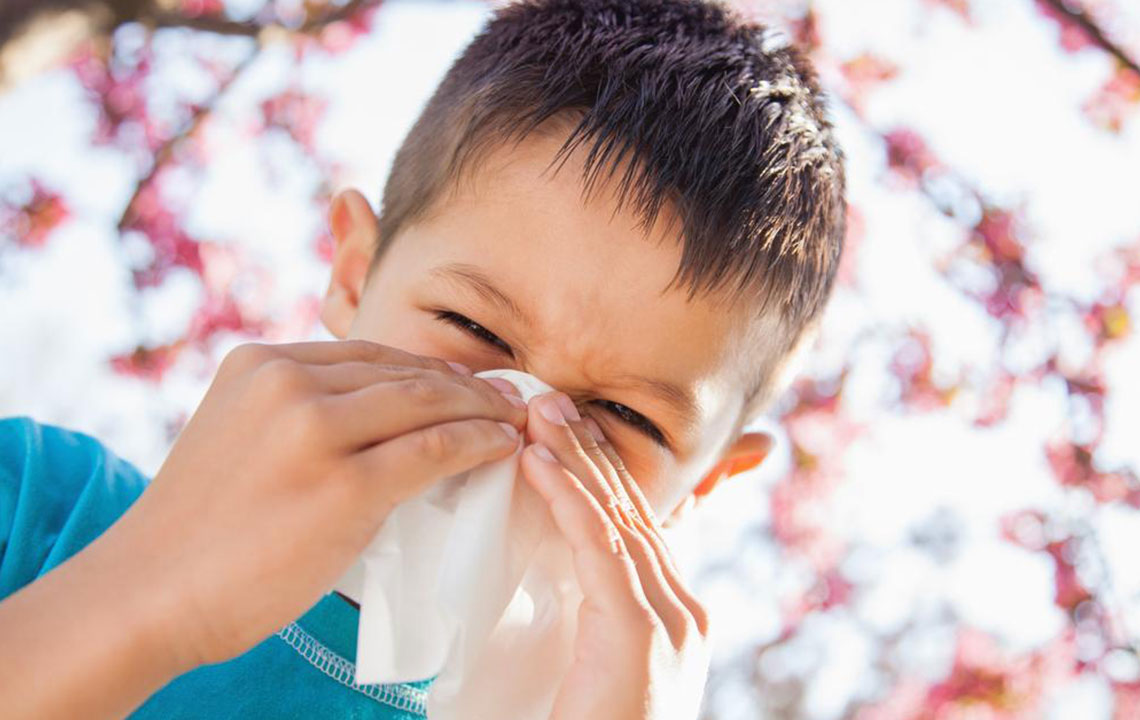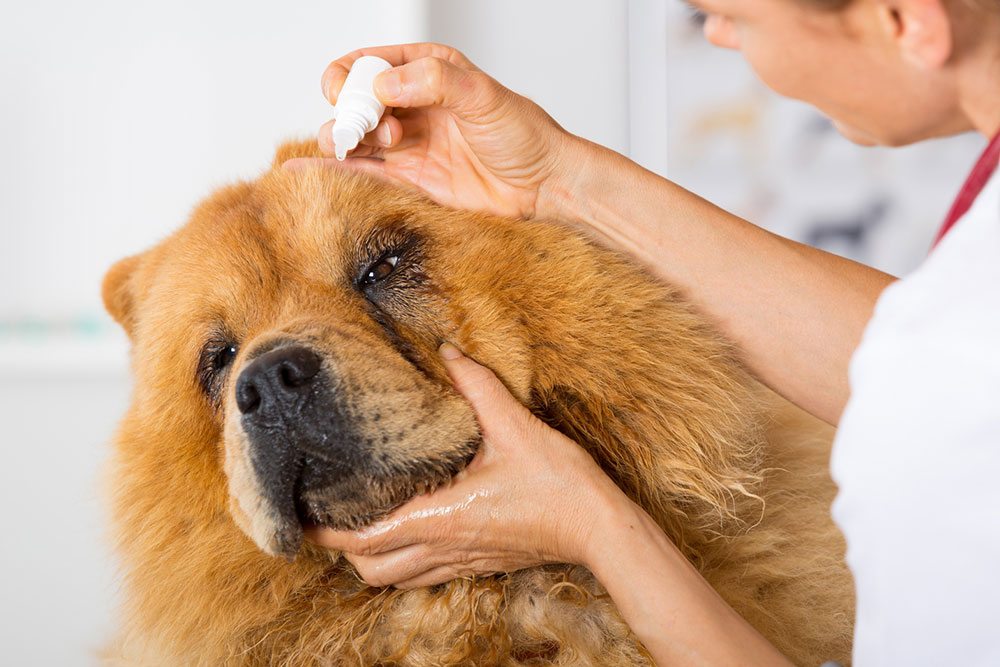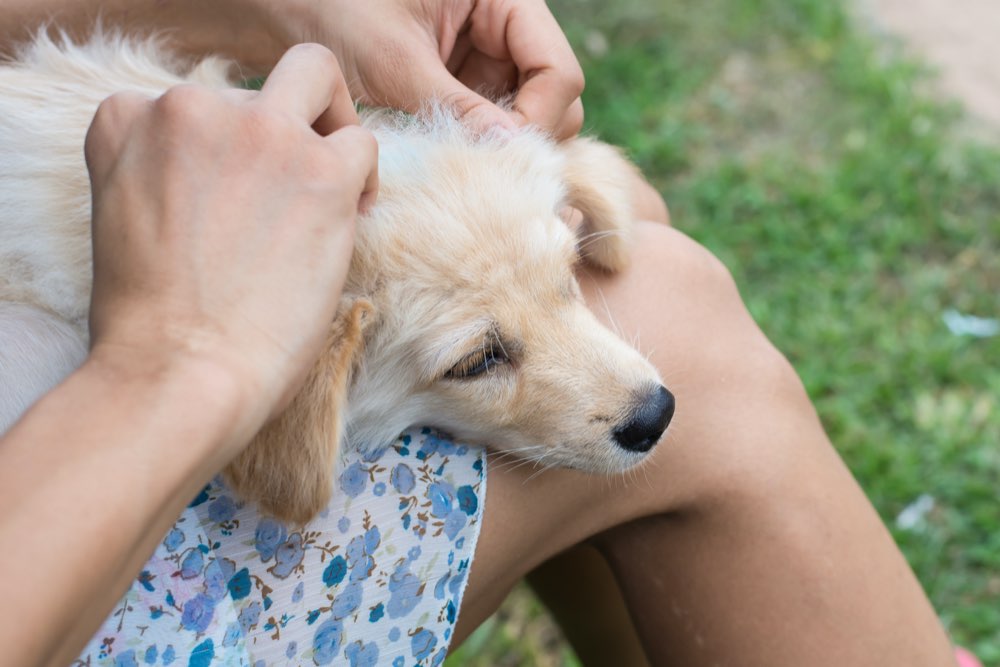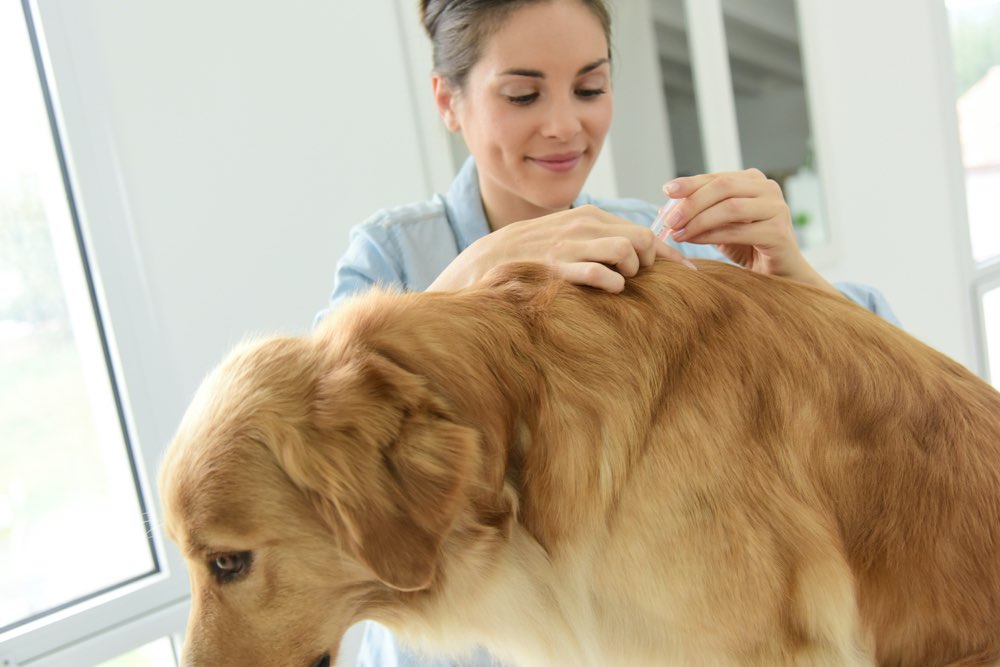Recognizing Common Signs of Allergies in Dogs
Learn to identify common allergy symptoms in dogs to ensure timely treatment and safeguard their health. This guide covers signs like skin irritation, excessive scratching, eye and ear itchiness, sneezing, snoring, and digestive issues. Recognizing these early can prevent severe health problems and improve your pet’s quality of life. Regular inspection and prompt veterinary consultation are essential for managing allergies effectively. Keep your dog safe by avoiding environmental triggers, using safe grooming products, and monitoring reactions to medications. Early intervention is key to a happy, healthy pet.

Recognizing Common Signs of Allergies in Dogs
Dogs are loyal companions, and having a pet can bring joy to any household. However, providing proper care is essential to ensure their health and happiness. Like humans, dogs can suffer from allergies that, if left untreated, may lead to serious health issues. Recognizing allergy symptoms early is crucial for prompt treatment. Pet owners should regularly monitor their dogs for signs of allergic reactions and seek veterinary advice immediately if symptoms appear.
Below are some typical allergy indicators in dogs that should not be ignored:
Itchy or inflamed skin – Regularly inspecting your dog’s skin is vital. Allergies often cause redness, itchiness, or the appearance of scabs and moist patches. Flea allergies may only affect specific areas like the tail base or the back.
Persistent scratching – If your dog constantly scratches or bites certain areas, it could be an allergy. Watch for behaviors like paw chewing or swelling, which may indicate skin irritation or infection.
Itchy eyes and ears – Allergens can cause eye discomfort, such as redness, itchiness, or a runny appearance. Ears may also become inflamed or itchy, especially on the back side, indicating allergic reactions.
Sneezing – Similar to humans, dogs may sneeze when exposed to dust, pollen, smoke, or during seasonal changes. Persistent sneezing warrants attention to identify the allergen.
Snoring – Unusual snoring during sleep could signal throat or airway inflammation, possibly related to allergies or infections.
Vomiting and diarrhea – Occasional vomiting or diarrhea may stem from food or drug allergies. Keep a record of your dog’s activities to help determine the cause before consulting a vet.
Allergy symptoms can occur in any breed or gender but are more common in breeds like Bulldogs, Pugs, Retrievers, and Terriers. Keep an eye out for signs of bacterial, yeast, or environmental infections such as exposure to dust, mold, pollen, or cold. Avoid smoking around your dog, as it can worsen allergic reactions. Also, monitor reactions to new medications, and use pet-safe grooming products to prevent skin issues. Proper care and early detection are vital in managing your dog’s allergies and maintaining their health.










